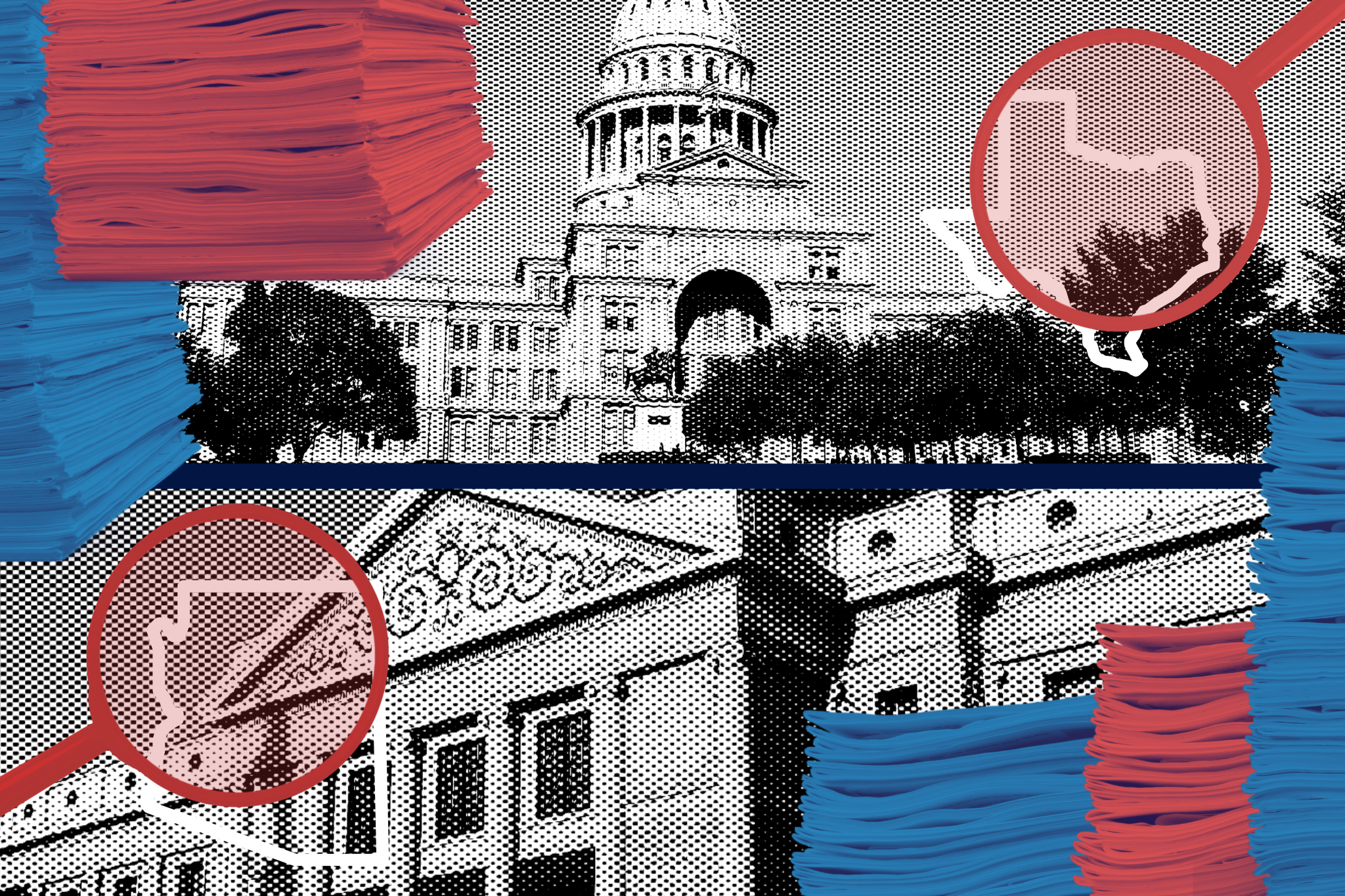
Restoration of Voting Rights in Florida
Even after Florida voters approved a ballot measure restoring voting rights to individuals with prior felony convictions, many citizens remain effectively disenfranchised thanks to a new state law.

Even after Florida voters approved a ballot measure restoring voting rights to individuals with prior felony convictions, many citizens remain effectively disenfranchised thanks to a new state law.
